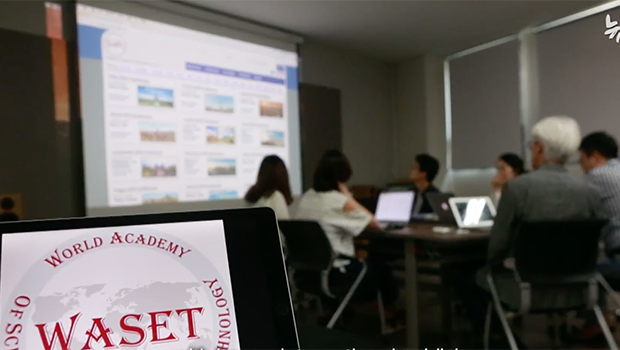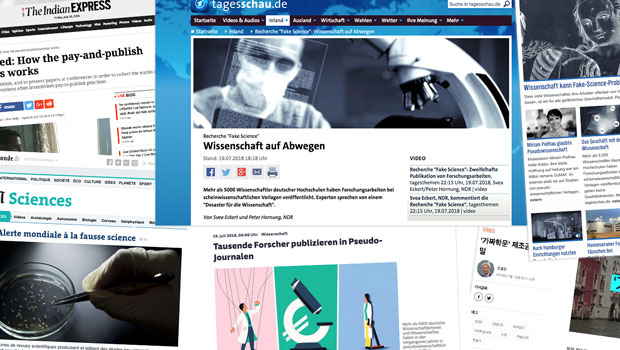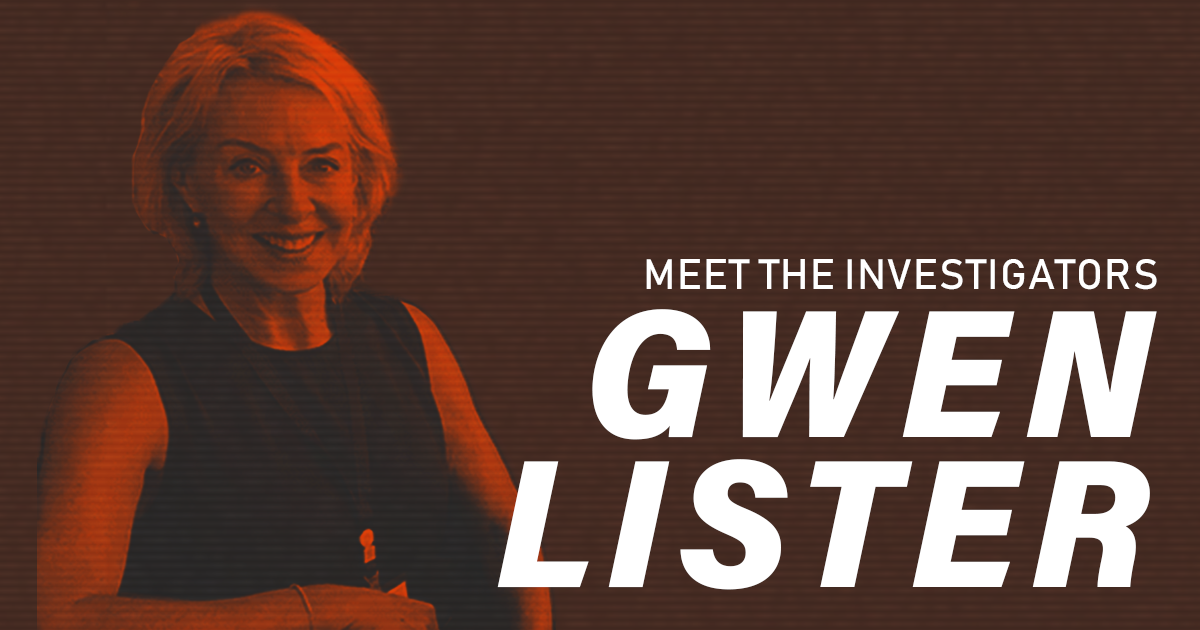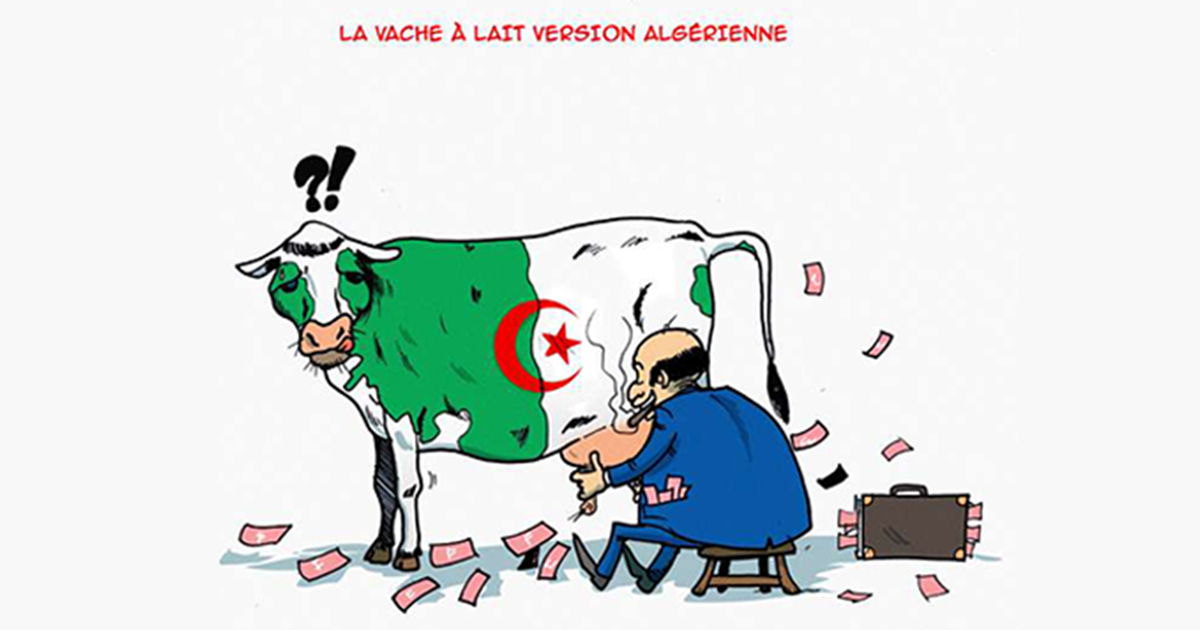On June 21, 2018, a dozen self-declared scholars gathered in a small meeting room of a hotel in Venice, Italy. As the session began, they sat in silence and listened to the presenter.
“Close your eyes,” said a woman identified as Rebecca Ellis, from the University of New Orleans. “Right now, I want you to think of your favorite color and picture in your head.”
This was not a meditation class but one of the sessions of a scientific conference organized by the questionable World Academy of Science, Engineering and Technology, or Waset.
In the audience, among students and professors ready to speak on topics ranging from criminal law to mental health and mineralogy, was a group of South Korean reporters from Newstapa, a Seoul-based investigative journalism center and partner of the International Consortium of Investigative Journalists.
Some researchers may abuse this type of bogus conference towards their records for promotion and reappointments
Having submitted a paper created using SCIGen, a joke program which generates random scientific essays with charts and figures, the journalists were invited to present on telecommunications. Their pseudo-scientific talk was warmly received.
The Venice event was just one of hundreds of fake scientific conferences that Waset holds every year, according to the Newstapa investigation.
Participants include professors working for renowned universities to students who want to practice their presentation skills. Their motives range from career advancement to meeting deadlines for research expenses, or simply traveling to exotic destinations on their universities’ dime. The only requirement to be accepted as a speaker is a participation fee.
Sogang University chemistry professor Deok-hwan Lee told Newstapa: “These organizations’ target is not those scholars who strive for best. These organizations are beyond being for-profit or commercialized. They basically aim to rip off those researchers who are academically poor.”
A Waset spokesperson cited in an article by The Guardian said the company’s conferences were for pre-review manuscripts, and that following conferences, “those manuscripts meeting the publication standards are published 10 days after the event date.”
The findings are part of a fresh documentary released by Newstapa, one of more than twenty ICIJ media partners that in July published an investigation into predatory journals and their promotion of poorly edited scientific papers, company sponsored-content and fake science.
The reporters analysed 175,000 scientific articles and found that hundreds of thousands of scientists worldwide have published studies in self-described scientific journals that don’t provide traditional checks for accuracy and quality.
After that investigation, the South Korean reporting team shifted focus to the profitable business of low-standard and fake scientific conferences.
In the past decade, the number of participants attending these events had increased, Newstapa reported, with India providing the highest numbers of speakers, followed by the United States. South Korea ranked fifth with more than 4,200 South Korean researchers have attended Waset conferences since 2007. Companies such as Omics and SciPub operate similarly to Waset, the report said.
“What’s more worrisome is that this phenomenon is highly likely to damage the so-called research evaluation policy,” Lee said. “Some researchers may abuse this type of bogus conference towards their records for promotion and reappointments.”
In response to the July investigation, many Nobel prize-winning scientists denounced the dangers of promoting poor quality scientific research that had not gone through a legitimate peer-reviewing process.
As a result of the reports, the Indian government announced an inquiry and asked several universities to review their recommendations about journals that can be recognized by the higher education regulator for promotion and accreditation.
In Germany, Federal Minister of Education and Research Anja Karliczek called for a thorough investigation into the publication of pseudoscientific papers. This is “in the interest of science itself,” Karliczek told the local press.



